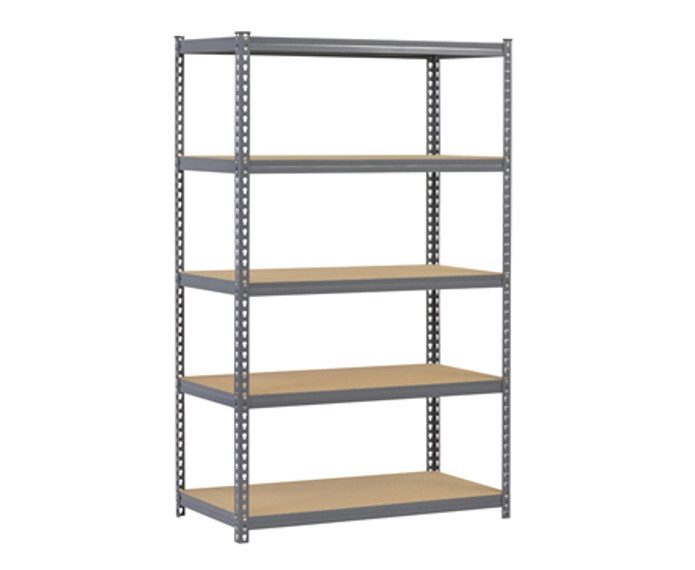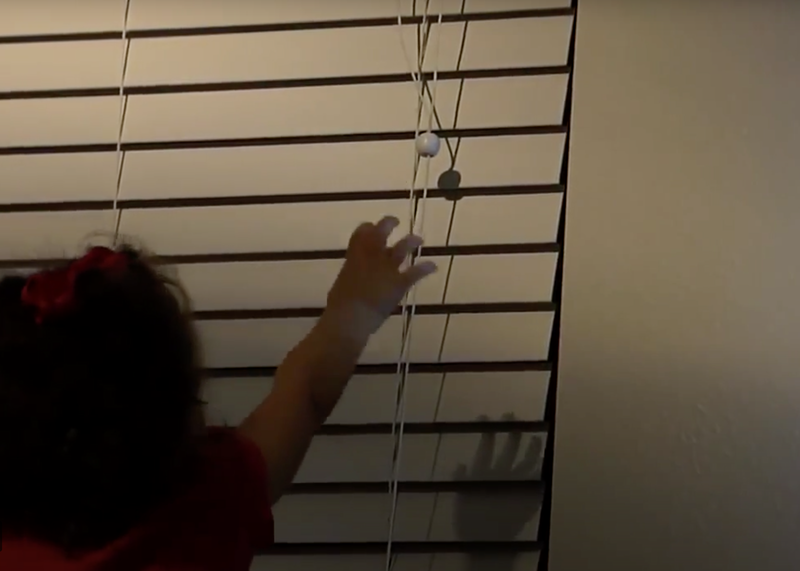What Is a Home Improvement Loan and How Do You Get One?

Has your home seen better days? Whether you want to spruce up your curb appeal with fresh siding or fix a major issue, such as a leaky roof, renovations often come with a high price tag.
This May Also Interest You: Should You Remodel or Move? Here’s How to Decide
If you don't have enough cash on hand to pay for the remodel, a home improvement loan is a financing option.
What Is a Home Improvement Loan?
Home improvement loans aren't a specific type of financing. It's a term used to describe any type of loan you use to finance your home renovations. They can be secured or unsecured loans, or even lines of credit. Most of the loan types you get can be used for other things in addition to home improvements.
What Are the Different Types of Home Improvement Loans?
You can finance your home renovations with several types of loans. Here are the most common options:
- Personal loans: A personal loan is an unsecured loan you can use for any purpose, including renovations. You might go this route if you don't have much equity in your home or don't want to risk losing it. They typically have a shorter repayment period than home equity loans, and they often have higher interest rates because you don't put up any collateral.
- Home equity loans: This option lets you get a lump sum amount based on your equity with your home as collateral. You could risk losing your house with this option if you can't pay back the loan.
- Home equity lines of credit: Home equity lines of credit (HELOCs) are similar to home equity loans, since they use your house as collateral. However, instead of getting a lump sum, you get a line of credit, and you can withdraw up to the limit as you need it. As you pay off what you borrow, you can withdraw more money.
- Cash-out refinancing: If the current interest rates are lower than what you have on your mortgage, a cash-out refinance could be a good option. You're refinancing your home based on current mortgage rates, but you take out the equity in your home as a lump sum. The closing fees can be high when refinancing, so ensure it's a smart financial decision.
- Government loans: If your planned projects are intended to improve the basic livability of your property, you might qualify for an FHA Title 1 property improvement loan through the Department of Housing and Urban Development. Private lenders hold the loans, but HUD insures them.
How Do These Types of Loans Work?
A home improvement loan can vary in how it works based on what type of loan you get. Usually, once you get approved for the loan, you'll receive a lump sum you can use however you want. You'll start paying back the principal and interest right away. While you might take out the loan to do a home improvement project, the lender doesn't regulate how you use the money, and you don't have to show proof that you used it for renovations.
More Related Articles:
- How Much Does It Cost to Remodel a Kitchen?
- Moving? Renovating? Here’s Everything You Need to Know About Short-Term Storage Costs
- How Much Does It Cost to Remodel a Bathroom?
- Trash Cash: Here’s How Much It Costs to Rent a Renovation Dumpster
- Home Improvement Projects Get Nailed by Lumber Shortages, Price Increases
What's a Home Equity Loan?
A home equity loan is a specific type of financing that can be used to finance home remodeling projects. It requires you to have equity in your home, since you're borrowing against that equity. You essentially take out a second mortgage on your home up to a certain percentage of the equity you have available — usually up to 85% of the equity. You'll get the total amount as a lump sum when you take out the loan. Then, you start paying back the principal and interest on the amount you borrow.
How Do You Get a Home Improvement Loan?
To get a home renovation loan, you'll need to have good credit and meet the criteria of the lending institution. The requirements vary based on the type of loan you choose and the lender. Meet with a lending specialist to determine what documents you need and how you can apply for the loan. Banks and credit unions offer a range of financing options for your home renovations. You can also find loan options from online lenders, but be sure to vet the lender to ensure they're a legitimate business.
How to Choose What Type of Home Renovation Loan to Get
Consider your financial situation and needs when choosing a home improvement loan type. Talking to a lender can also give you an idea of the available options and what you might qualify for based on your situation.
Home equity loans or HELOCs are a good option if you have lots of equity in your home and want lower interest rates. HELOCs can also be a good option if you don't know how much money you'll need since you can withdraw additional funds later. Personal loans offer a faster funding option with no need for collateral, but you'll likely pay a higher interest rate. You might also have more difficulty getting approved for a personal loan if you have bad credit since it's an unsecured loan.
Before taking out any loan, make sure you understand the interest rate, repayment terms and repercussions if you don't pay on time. Compare the rates, closing costs and fees for each loan option to get a better idea of which one is best financially.


